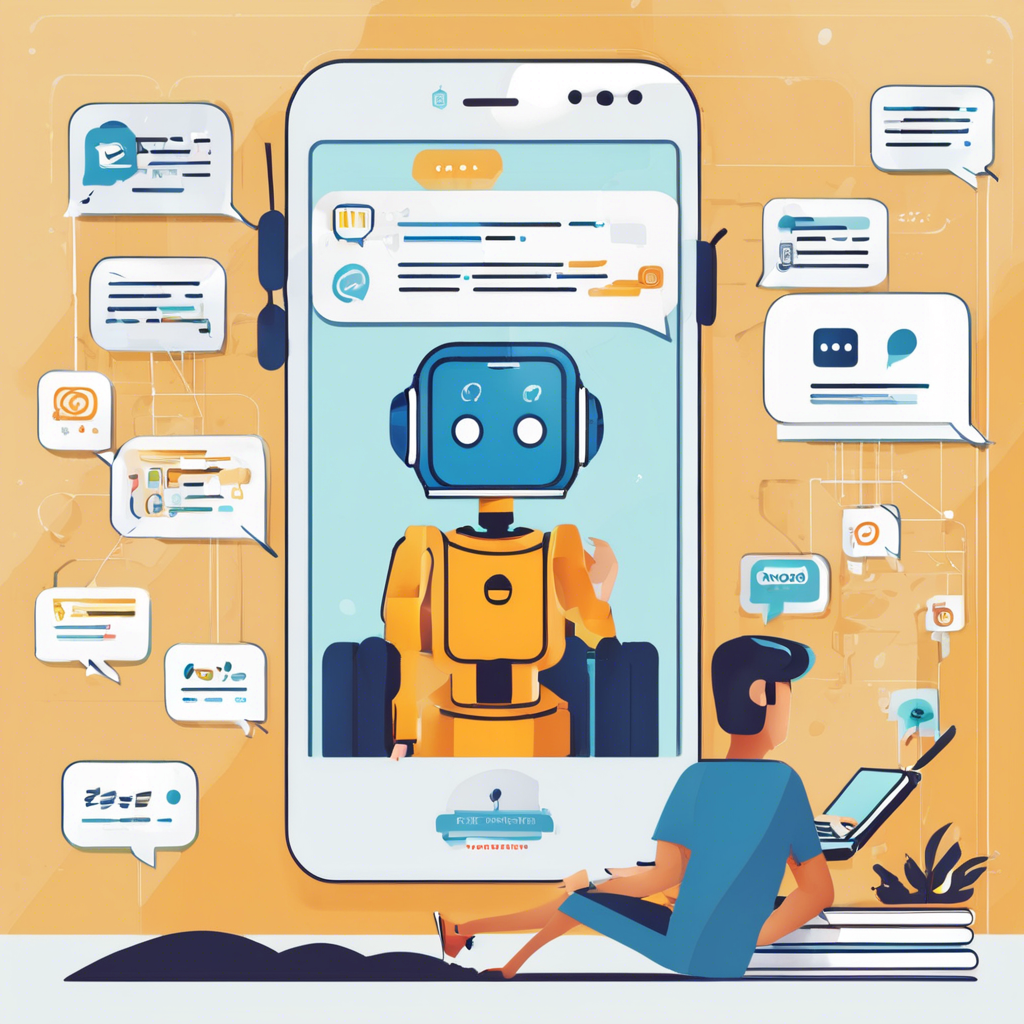Chatbots have become an increasingly popular tool for businesses looking to boost engagement with their customers. These AI-powered programs can interact with users in real-time, providing information, answering questions, and even completing transactions. In this article, we will explore how businesses can effectively use chatbots to enhance customer engagement and drive results.
One of the key benefits of using chatbots is their ability to provide instant responses to customer inquiries. Unlike traditional customer service channels, such as email or phone support, chatbots can offer immediate assistance 24/7, improving customer satisfaction and retention.
Chatbots can also be used to personalize the customer experience by offering tailored recommendations based on user preferences and past interactions. By analyzing data and understanding customer behavior, chatbots can deliver targeted messaging that resonates with individual customers.
Moreover, chatbots can help businesses streamline their sales process by guiding customers through the purchase journey and providing product information in real-time. This not only enhances the customer experience but also increases conversion rates and boosts revenue.
In addition to customer service and sales, chatbots can be utilized for marketing purposes, such as generating leads, running promotional campaigns, and collecting feedback. By automating these tasks, businesses can save time and resources while engaging with their audience more effectively.
Furthermore, chatbots can be integrated with various communication channels, including websites, social media platforms, and messaging apps, to reach customers wherever they are. This omnichannel approach ensures a seamless experience for users across different touchpoints.
Another advantage of using chatbots is their scalability, as they can handle multiple conversations simultaneously without any delays or errors. This allows businesses to efficiently manage high volumes of inquiries and interactions without compromising quality.
Moreover, chatbots can learn and improve over time through machine learning algorithms, becoming more sophisticated and efficient in their responses. This continuous learning process enables chatbots to deliver more personalized and relevant interactions with users.
To maximize the effectiveness of chatbots, businesses should regularly monitor and analyze performance metrics, such as response times, user satisfaction, and conversion rates. By identifying areas for improvement, companies can optimize their chatbot strategy and enhance customer engagement.
In conclusion, chatbots are a powerful tool for businesses looking to enhance customer engagement and drive results. By providing instant responses, personalizing the customer experience, streamlining sales processes, and integrating with various channels, chatbots can help companies connect with their audience in a more meaningful way. As technology continues to evolve, chatbots will play an increasingly vital role in shaping the future of customer interactions.

